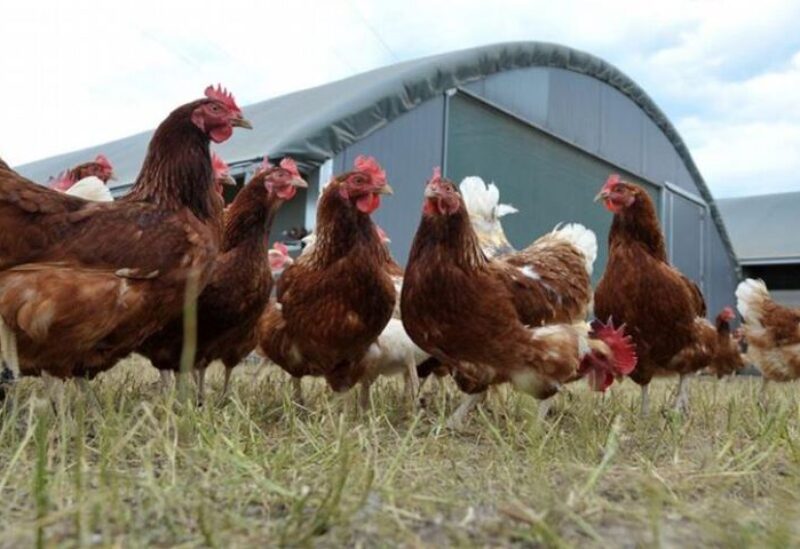
Lebanese Poultry production
The Head of the Lebanese Poultry Syndicate William Boutros announced that the price of chicken products has dropped slightly following the drop in the dollar exchange rate on the black market.
Boutros said that price of a one kilogram of chicken currently ranges between 20,000 and 23,000 LBP compared to 28,000 LBP before the fall in the exchange rate of the dollar, while a kilogram of chicken breast ranges between 45,000 and 50,000 LBP compared to 60,000 LBP before, and the kilogram of thighs fell from 23,000 LBP to 19,000 LBP.
Boutros said in a statement that “fundamental problems threaten the existence of the poultry sector, the most prominent of which is the fact that producers and farm owners have been forced to sell at less than the cost of production, since the end of Ramadan until today.
“While the cost of production is $1.35 (without subsidies), products are sold at $1, as a result of the oversupply due to the import of frozen chicken,” he said. Boutros warned that “many farms have been closed, while others have reduced their production, which will expose the sector to fundamental imbalances during the next two months.”
Boutros said that “these risks requires an immediate halt to imports, to ensure the continuity of the sector in meeting the needs of the Lebanese market of chicken meat until the customs tariff is modified.” He explained that “during the crisis, we witnessed a shortage in many food products, except for chicken, as it is a local product.”
He said that the state instead of protecting the sector, opens the door to imports, especially for Turkish chickens, which are subsidized by the state at a rate of 15-20 percent.”
Boutros said that the Syndicate requested an appointment from the Minister of Agriculture, Abbas Hajj Hassan, to present all the issues and problems that the sector is going through,” stressing that “we count a lot on the meeting with Minister Hajj Hassan, as he is the first concerned with protecting the sector and preserving its capabilities and workers.”